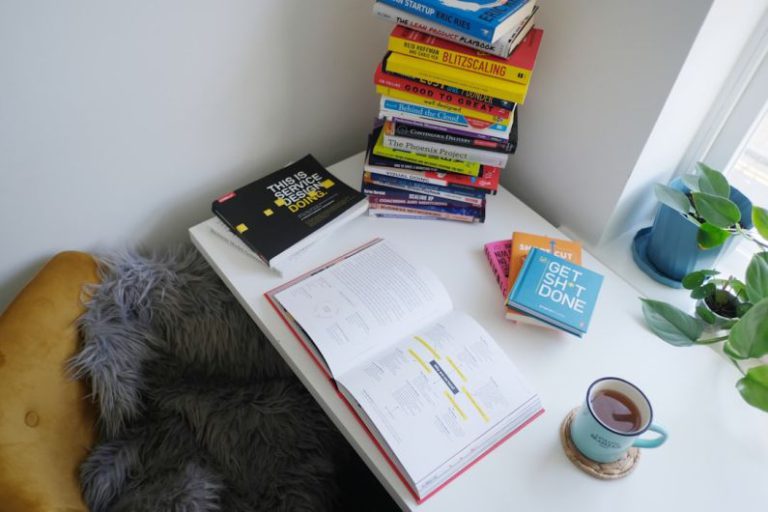
When buying a new home, one crucial step in the process is the home inspection. This essential evaluation can provide valuable insights into the condition of the property and help you make an informed decision before finalizing the purchase. Understanding what to expect during a home inspection can help you prepare for the process and ensure a smooth and successful assessment.
Preparation for the Inspection
Before the scheduled home inspection, it’s essential to ensure that the property is easily accessible to the inspector. This means clearing any clutter, debris, or personal belongings that may obstruct access to key areas of the home. Additionally, make sure that all utilities, such as water, gas, and electricity, are turned on to allow the inspector to test various systems and appliances.
Exterior Inspection
The home inspector will begin by examining the exterior of the property, including the roof, siding, foundation, and overall structural integrity. They will look for any signs of damage, wear, or potential issues that may affect the safety and stability of the home. The inspector will also inspect the landscaping, drainage systems, and any outdoor amenities, such as decks or patios.
Interior Inspection
Once the exterior assessment is complete, the inspector will move on to the interior of the home. This includes examining the walls, ceilings, floors, windows, doors, and any visible structural components. The inspector will also check the functionality of key systems, such as plumbing, electrical, heating, and cooling. They will look for leaks, faulty wiring, inadequate insulation, or other issues that may impact the habitability of the home.
Appliance and Fixture Inspection
In addition to assessing the structural and mechanical aspects of the property, the home inspector will also inspect the appliances and fixtures included in the sale. This may include the stove, refrigerator, dishwasher, washer, dryer, and any other built-in appliances. The inspector will test the functionality of these items to ensure they are in working order and meet safety standards.
Pest and Mold Inspection
A comprehensive home inspection may also include an assessment for pests, such as termites, rodents, or other infestations. The inspector will look for signs of pest activity, such as droppings, nests, or damage to the property. Additionally, the inspector may check for mold or mildew growth, especially in areas prone to moisture, such as bathrooms, basements, or crawl spaces.
Report and Recommendations
After the inspection is complete, the home inspector will provide a detailed report outlining their findings and recommendations. This report may include photographs, descriptions of any issues or deficiencies identified, and suggestions for repairs or maintenance. It is essential to review this report carefully and address any concerns with the seller before proceeding with the purchase.
Next Steps and Negotiations
Once you have received the home inspection report, you can use the findings to decide on your next steps. If significant issues are identified, you may choose to negotiate with the seller for repairs or a reduction in the purchase price. Alternatively, you may decide to walk away from the deal if the inspection reveals too many red flags or safety concerns.
Making Informed Decisions
In conclusion, a home inspection is a critical part of the home buying process that can provide valuable insights into the condition of a property. By understanding what to expect during a home inspection and being prepared for the assessment, you can make informed decisions and ensure that your new home is safe, sound, and a wise investment.





